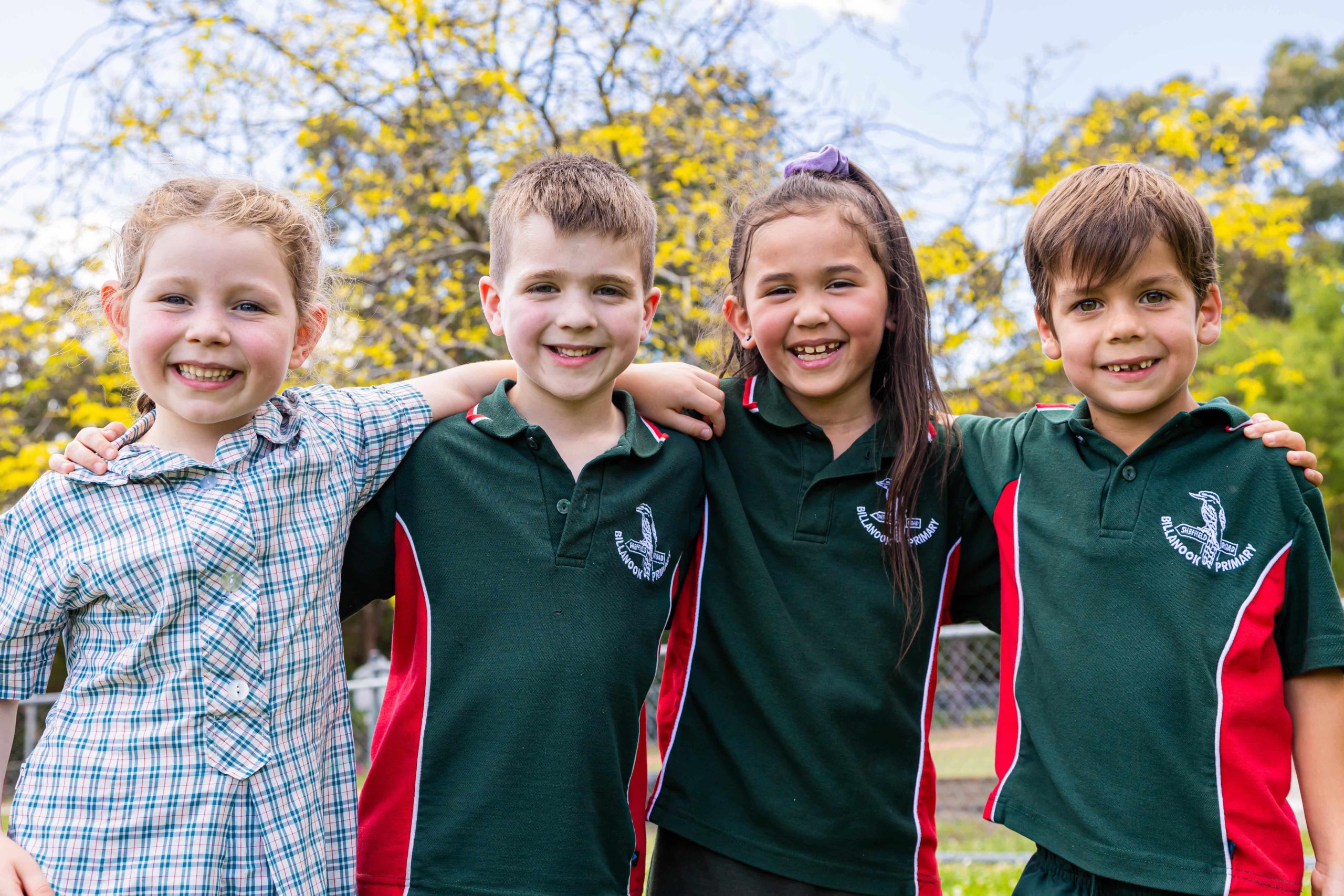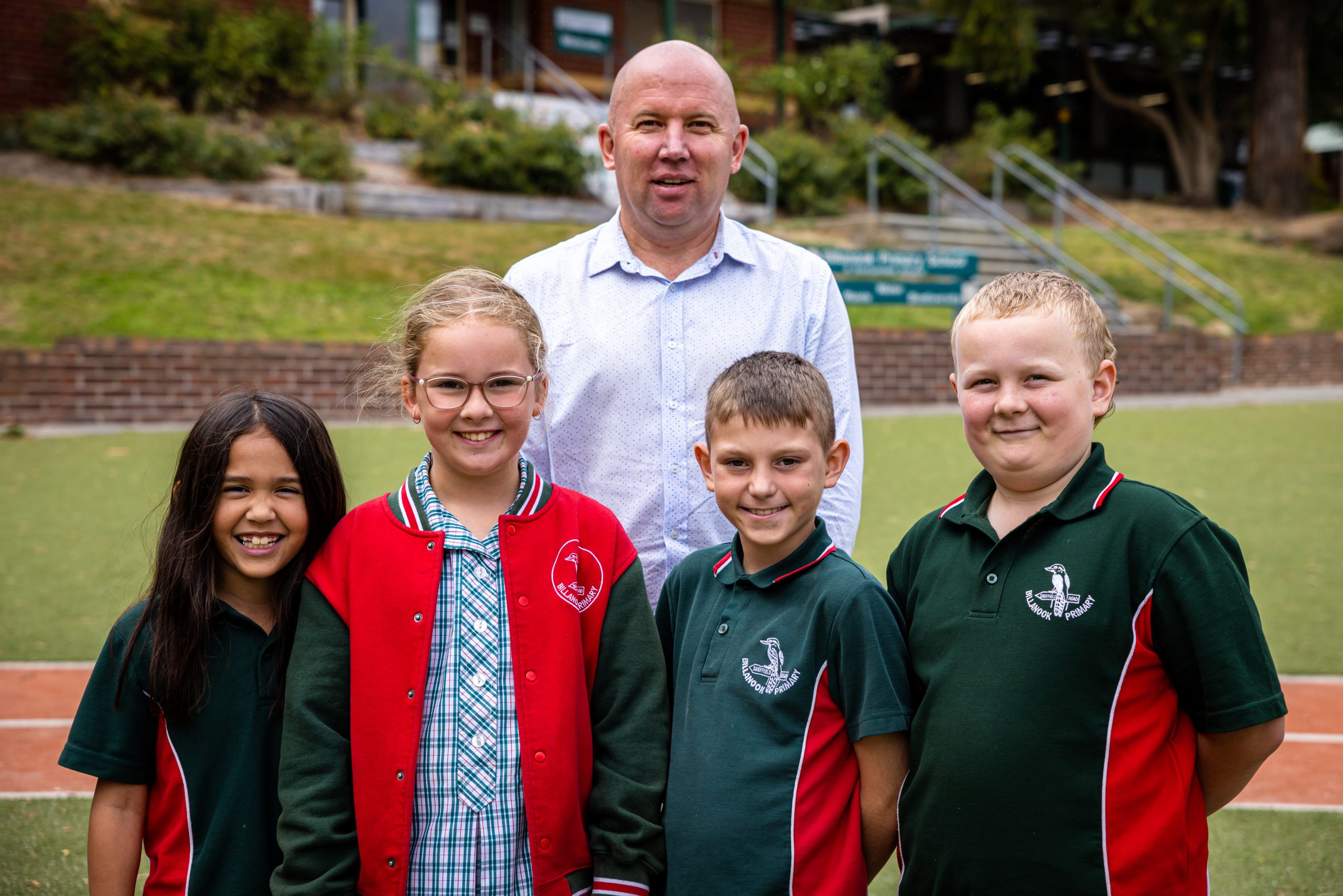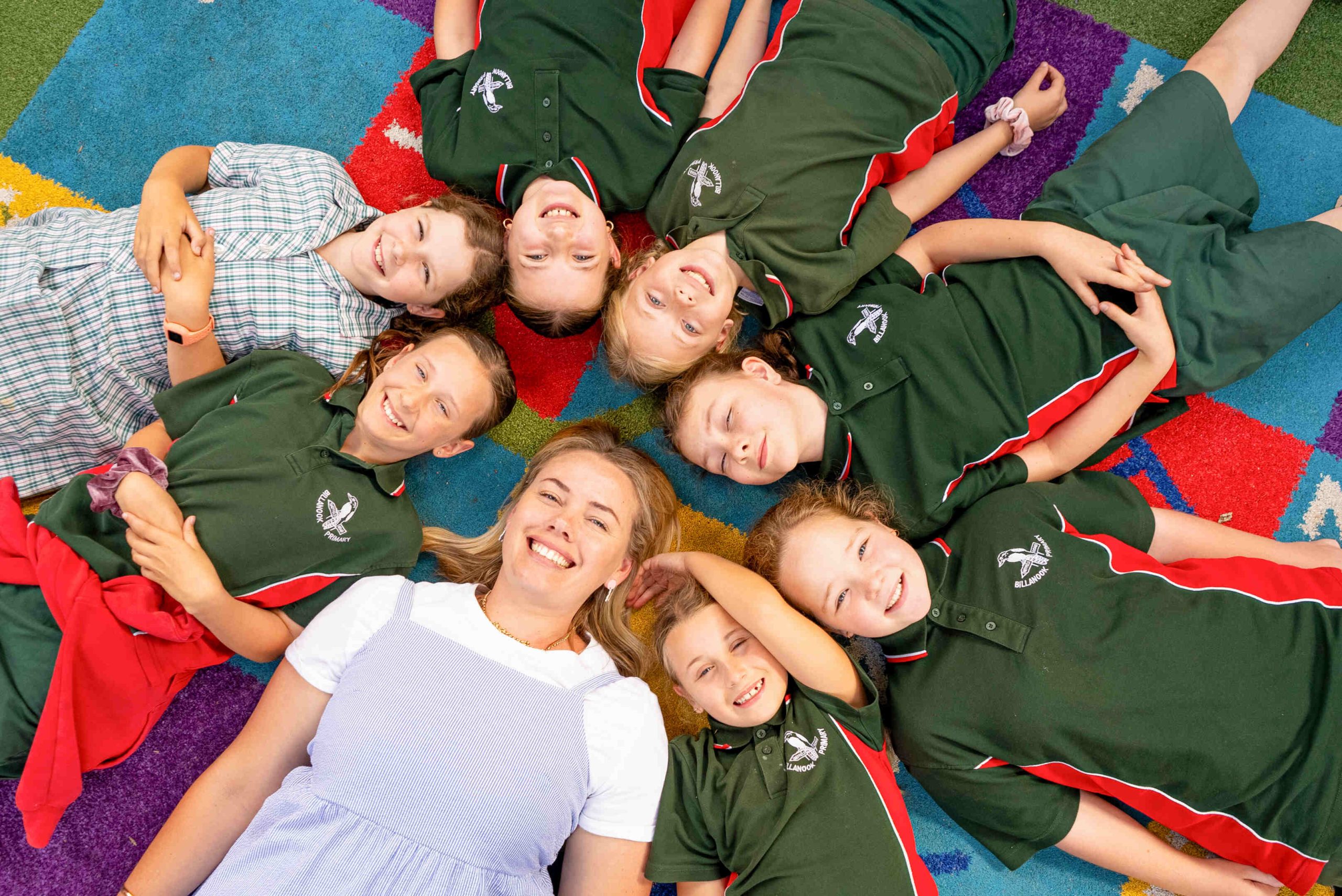Curriculum Opportunities
We pride ourselves on a wide range of curriculum opportunities for our students
Literacy
At Billanook Primary School (BPS), our reading approach is based on a strong, research driven, theoretical foundation of the ‘Science of Reading’ which emcompasses a deep understanding of reading development, classroom instruction and a three tiered model of enrichment for our students. This theoretical foundation is implemented using the Initialit Program in Foundation to Level 2 and through the ‘Readers Workshop’ model in Levels 3 – 6. This framework supports the bigger picture of literacy instruction, with phonemic awareness, phonics, fluency, vocabulary and comprehension all having equal weight.
At Billanook we include elements of evidence-based and proven instructional methodology, the Hochman Method, within our writing approach. This method enables students to master the skills that are essential if they are to
become competent writers. In turn, those skills equip students to become better readers, to communicate more
effectively in writing and speaking, and most importantly, to elevate their thinking.
Numeracy
At Billanook Primary School, we provide a Mathematics education that enables our students to succeed at school and in their everyday lives. Our Mathematics program is aligned with the Victorian Curriculum which is organised into the content strands Number and Algebra, Measurement and Geometry, and Statistics and Probability. The proficiency strands, which describe how the content is taught and explored are Understanding, Fluency, Problem Solving, and Reasoning.
We believe Mathematics is learnt developmentally, through the acquisition of skills and understanding of broad concepts. All classrooms provide a differentiated Mathematics curriculum, which caters for each student at their level, allowing all students to progress in their own understanding. Throughout the school, Mathematics is taught and learnt individually, in small cooperative groups, and in whole class settings.
From Foundation to Level 2, the focus is on understanding Maths through concrete materials. Concepts are introduced and explored by playing with a large variety of materials that are related to everyday events and activities. As students move into Level 3 and 4 concepts are further developed through a variety of materials, as well as symbolic and abstract recordings. Once students move into Level 5 and 6, they engage in higher order Mathematical thinking and reasoning through skill based activities and problem solving tasks. This allows them to apply and refine the concepts they have developed through their schooling.
Student Wellbeing
Student Wellbeing is at the forefront of all that we do at Billanook Primary school. We believe that in order for students to learn to their full potential they need to feel safe, valued and respected in their learning environment. At Billanook Primary School we aim to provide a safe, nurturing, dynamic learning community that caters for the uniqueness of each student. We provide an environment and curriculum that challenges students to achieve to their highest potential and that develops knowledge, skills and resilience to be successful global citizens. Within our learning community our school Values underpin teaching and learning, guide our interactions and relationships and is modelled in all operational processes of the school.
Our Billanook Primary School community has a consistent and positive approach to behaviour and uses Restorative Practices, to foster a school climate where personal responsibility and self-discipline are developed. In addition to our teaching staff we have a highly dedicated school chaplain, valued group of student mentors and Student Wellbeing leader who all work together to ensure that the students at Billanook travel along their school journey feeling supported and able to reach their full potential.
Humanities
At Billanook Primary School we value and support our students to be naturally curious about our world. Through a guided and open inquiry teaching approach we encourage our students to explore their wonderings by following the Inquiry Cycle of tuning in, finding out, sorting out, going further, making conclusions and taking action. While students are immersed in a variety of curriculum areas such as, The Humanities (Civics and Citizenship, History, Economics and Business and Geography), Health and Science we foster their curiosities by providing engaging and challenging learning tasks that captivate individual interests.
Throughout all The Humanities, Health and Science curriculum areas, students are supported to develop their Inquiry skill set. These skills are transferable into situations that students may face inside and outside of the school setting. While being immersed in collaborative tasks, students are explicitly taught communication skills such as. conflict management and listening techniques.
The staff at Billanook Primary School promote students to be critical and creative thinkers that are motivated to complete challenging tasks. Through the use of Visible Thinking Routines students are able to independently record their thinking about a particular inquiry topic and develop questions. Questioning enables the learning process and allows students to make connections to prior learning.
Although Levels 1 – 6 complete units based on The Humanities, Health and Science curriculum, Foundation students are introduced to inquiry skills through what is known as Investigation time. Investigation time is a form of developmental play that encourages students to explore their curiosities in a variety of forms while also covering content that has previously been introduced in class.
During Investigations, students are tuned in to a specific learning intention for that particular session by the teacher explicitly modelling the expectations. Before beginning, 2-3 children are chosen as the focus students as well as 2 students who become the reporter and photographer for the duration of Investigation time. Students participate in a variety of activities that includes construction, drama, sensory learning and literacy centres. At the end of the session students reflect on their lesson and discuss how they achieved the learning intention.
Physical Education
Billanook Primary offers an extensive Physical Education program from the Foundation year to Level 6. As well as following the Victorian Curriculum Physical Education curriculum, Billanook students have the opportunity to participate in programs such as;
- Swimming Lessons
- Hoop Time Basketball
- Elite Sports
- Inter-School Sports
- School and Inter-School Athletics Carnivals
- School, Inter-School and State Cross Country
- After School Basket Ball
- Incursions
- Activities Led By Student Sports Leaders
- Multi Activity Sports Days
At Billanook Physical Education is about Participation, Personal Achievement, Dedication, Leadership, Confidence, Teamwork, Healthy Body and Mind.
Performing Arts
This year’s Performing Arts program at Billanook Primary School promises to be full of exciting things for our students’ listening and responding to music both past and present and from different corners of the world.
Our youngest students in Foundation will be focusing on the beat and rhythm when they dance, sing and play their percussion instruments to a range of brand new sounds.
Levels 1 and 2 will be building on their knowledge and rhythm making skills and their understanding of dynamics and pitch. They will be moving, singing and creating musical ostinatos with a range of objects and instruments when they explore some great new Orff Kodaly activities.
The main focus for our Level 3 and 4 will be learning to play the descant recorder which will have them tooting away to some great songs, both old and new.
The sound of ukuleles will be ringing in the air at Billanook when our Level 5 and 6 students learn to play the ukulele in Term 2. It’s amazing to think that there are so many songs that can be played using just 4 chords. Later in the year Levels 5 and 6 will be using ipads to create some great sounding music.
WHOLE SCHOOL PRODUCTIONS – 2018 Billanook presents: ‘Jack and the Beanstalk’
Every second year (even year) to showcase the talents of our students we have a Whole School Production where every student from Foundation year to Level 6 gets to perform live on stage. Students in Levels 3-6 can audition for main roles. Previous productions have included Alice in Wonderland, Pinocchio, A Rat’s Tale: The Pied Piper and Australia My Land.
WHOLE SCHOOL PRODUCTIONS – 2018 Billanook presents: ‘Jack and the Beanstalk’
Every second year (even year) to showcase the talents of our students we have a Whole School Production where every student from Foundation year to Level 6 gets to perform live on stage. Students in Levels 3-6 can audition for main roles. Previous productions have included Alice in Wonderland, Pinocchio, A Rat’s Tale: The Pied Piper and Australia My Land.
FILM FESTIVAL
Every second year (odd year) our Level 3-6 students are encouraged to create short films for Billanook Primary School Film Festival which is held in our Multi-purpose hall during Term 3. Our previous Film Festivals have been a great success showcasing the film making skills of our very talented students.
CHOIR
Our school Choir is going from strength to strength with just under 50 students from Levels 3-6 getting together every Tuesday at lunchtime. The Choir will also be making a short Film for the Film Festival and will promote our school at local community events this year.
Visual Arts
The Visual Art program is developed according to requirements outlined in the Victorian Curriculum.
Arts learning explores the two main areas of Creating & Making and Exploring & Responding to art.
Creating and Making focuses on students exploring a variety of art elements, skills, techniques, processes, media, materials, equipment and technologies in a range of art forms including: drawing, ceramics, sculpture, painting, construction, printmaking, textiles and collage.
Exploring & Responding to Art requires students to look at and discuss traditional and contemporary art works from a range of times, places and cultures. This becomes inspiration and starting points for practical activities.
Children develop an arts language to describe their own and others work.
Technology
At Billanook Primary we use ICT to guide student inquiry, critical thinking skills and collaborative dialogue. The level of enthusiasm and engagement is extremely high, as ICT activities appeal to all types of learners from the visual to the kinaesthetic. We use a range of resources such as; iPads, laptops, computers, BBC Micro:bits, Apps, online websites and software, to provide a framework for students to learn how to use technologies to create innovative solutions that meet current and future needs. Students are encouraged to make decisions about the development and use of technologies, and how technologies can contribute to a sustainable future.
Students at Billanook Primary participate in programs designed to help them have safe, enjoyable experiences online. We provide online safety education to ensure that our students use the internet and social media in a safe manner, and that they have a thorough understanding of what constitutes cyberbullying. Students learn how to access help if they feel uneasy about something they have viewed online, or if they have experienced any form of cyberbullying.
Here are just some examples of focus areas for learning from Foundation to Level 6 are;
-Computer software: Word, Excel, Publisher and Powerpoint
-Emails: sending, receiving, editing, creating and using online address books
-Coding: using online websites such as Scratch to design, write, test, debug/troubleshoot and maintain the source code of computer programs
-Micro:bit Technology: using Block Editor or Java Script to write programs for Micro:bit use, or for use with robotics
-Movie Making and Editing: using apps such as iMovies
-Claymation Animation: using online programs and Apps
Languages (Auslan)
Auslan stands for Australian Sign Language. It is the primary signing language used by Australia’s Deaf and hard-of-hearing communities. Auslan is a new language studied here at Billanook Primary and one that the students have quickly embraced.
Auslan is a visual language that uses hand, arm and body movements to convey meaning. It has its own grammatical system that is very different from traditional spoken English. There are five language parameters of Auslan that you will commonly see referred to as HOLM and NMF.
HOLM stands for:
Handshape: The shape your hand makes for each sign. There are 38 major handshapes, along with 28 variations.
Orientation: The direction the palm of your hand is facing when signing.
Location: Where your hands are held in the signing space or in relation to your body.
Movement: The movements your hand and body make when signing. These can be defined as primary (only one kind of movement) and secondary (a combination of at least two different movements).
NMF stands for:
Non-Manual Features: The facial expressions and body movements used to accompany a sign. The use of NMF can completely change the meaning of a sign.
The teaching of Auslan in schools is broken into two main stands. Communicating and Understanding. Communicating focuses on using Auslan for communicative purposes, such as interpreting, creating and exchanging meaning. Understanding focuses on analysing language and culture.
At Billanook, our lesson are based on and developed around these strands. Our lessons involve a variety of role plays, games, songs and stories. Each lesson is highly interactive involving lots of group work. The topics studied each week are the same across the school however, differ in level and intensity based on year level. We have found that siblings are going home to practice signing together with their families and we want to encourage this as much as we can!
Billanook Kitchen Garden
Whilst awaiting the completion of our purpose built Kitchen Garden Room, we have decided to go ahead and start the kitchen garden program in 2024 in the kitchen of the multi purpose building, and have created a temporary garden next to the basketball court.
The level 3 and 4 students will be the first students at Billanook to participate in the new kitchen garden program.
Over a fortnightly rotation, students will spend two hours cooking a variety of dishes and learning about kitchen and food safety. Once the food has been prepared by students, they will dine around communal tables where students will work together to lay out the tables correctly and enjoy the food they have made.
Students will spend an hour in the next week in the garden exploring and learning all about how to grow their own produce. The garden will provide students with knowledge ranging from soil health to plant care, and harvesting produce.
The kitchen garden will rely heavily on volunteers to help us each week in the kitchen and garden and we welcome not only parents/carers but also extended family. Our community garden and cooking space welcomes your shared knowledge and we would love to embrace family recipes from around the globe.
If you have cuttings from plants or methods tried and tested feel free to send Kirsty (Kitchen Garden Coordinator) an email or pop into our kitchen space for a chat.
Sharing traditions and cultures through food is a wonderful thing.
Student Voice & Agency
Literacy Intervention
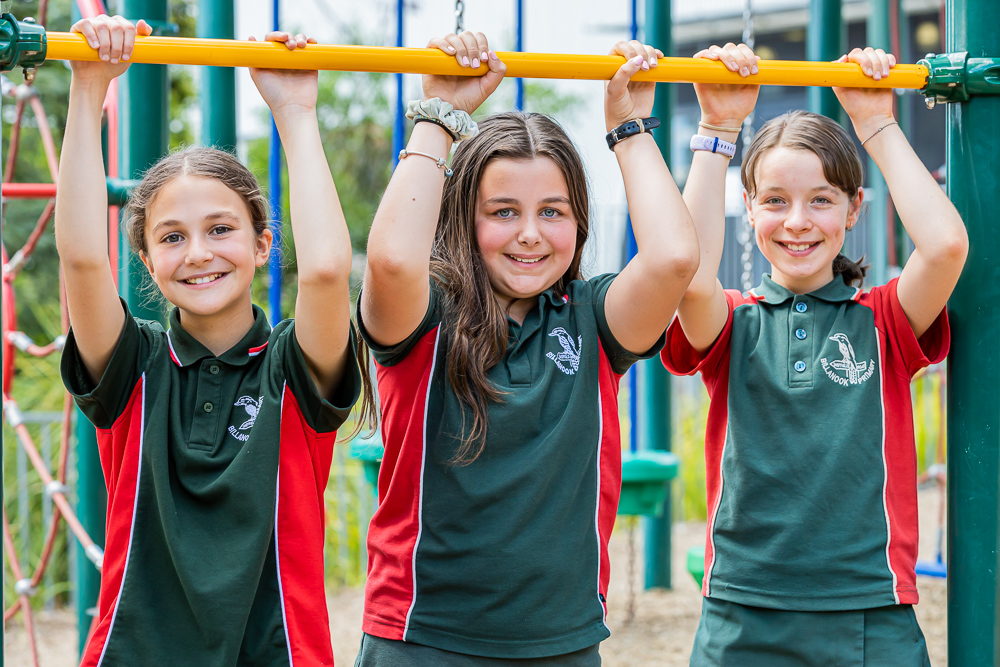
Online Tour
The best way to start learning about us. We have professionally produced dozens of videos showcasing our amazing school.
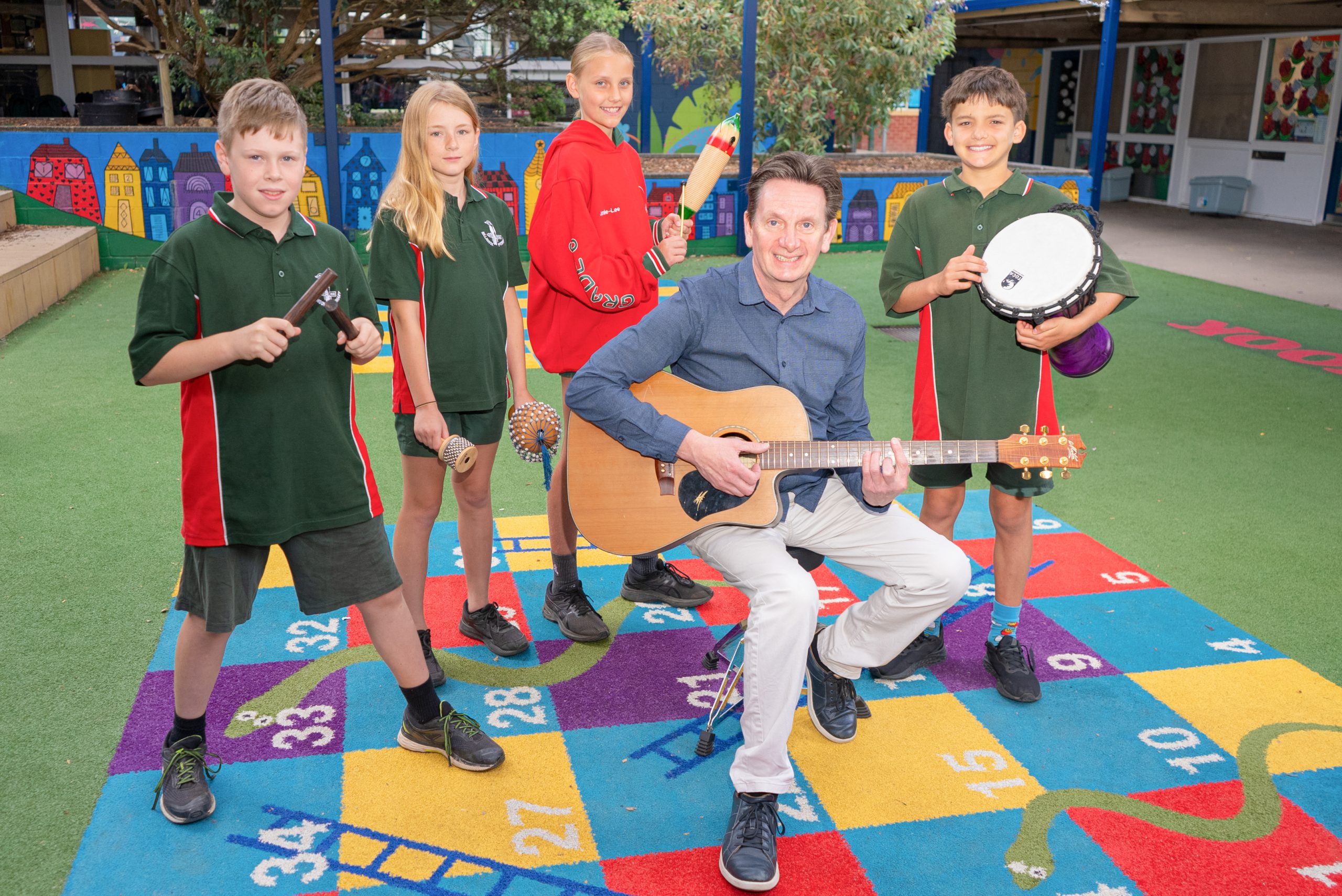
Book a School Tour
The best way to meet us! We can show you around our beautiful school and answer any specific questions you have.
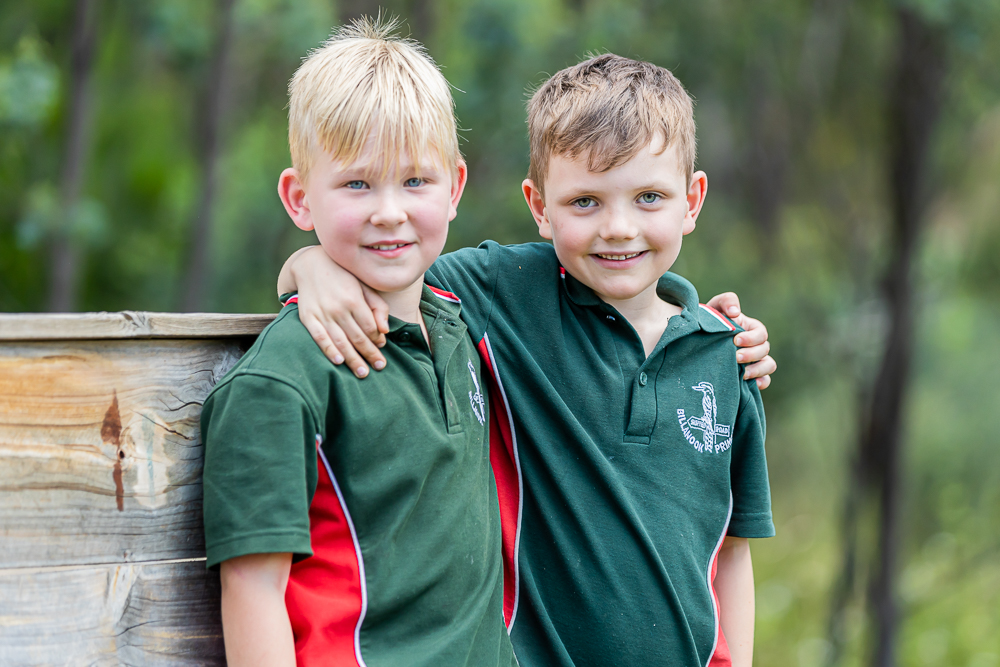
Upschool
Website design, graphic, videos & photography by Digital Schools | www.digitalschools.com.au | Copyright Digital Schools. All Rights Reserved
